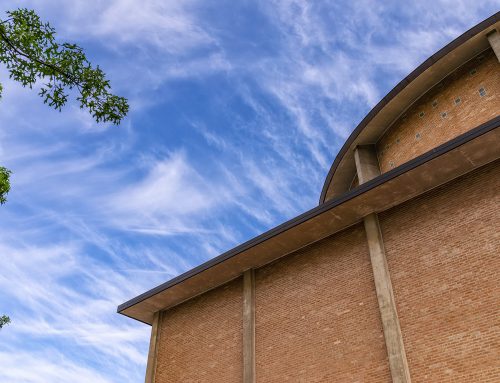
Where can parents find full-day bilingual preschool for their 4-year-olds for $700 a month?
Dallas ISD, of all places, starting this fall at select elementary schools, including three in our neighborhood.
The district recently rolled out its tuition-based pre-K program, part of a new policy the DISD board of trustees approved in January. The district has offered pre-K for some time to students who qualify according to state guidelines, but this is the first time DISD has opened pre-K to families who want to pay for it.
Nathan Adams, Arthur Kramer and Walnut Hill, all in the Preston Hollow and North Dallas areas, will offer the pilot program this fall, as will Robert E. Lee in East Dallas and Ben Milam in Uptown.
Paid pre-K will pilot at these five schools “with the hopes of expansion in the coming years.” To select the schools, the district started with campuses where pre-K already was offered and whittled down that list to five campuses using these factors:
• a surplus of pre-K seats given the eligible (state-qualified) students living in the area (“That eliminated half of the district,” says Derek Little, DISD’s new assistant superintendent of early childhood education);
• at least 12 open seats at a given campus, historically (“Not just one seat here or there,” Little says);
• at least three potential tuition students per open seat, according to U.S. Census information on family incomes in the community;
• a higher-than-average percentage of middle-class families already attending the school, “which is a good sign when folks are going to be considering paying,” Little says. “We’re trying to get that sense of community momentum.”
Nathan Adams and Walnut Hill’s student populations are both at least 80 percent socioeconomically disadvantaged; Kramer’s is at least 60 percent. Still, in Dallas ISD, roughly 90 percent of the district’s students are socioeconomically disadvantaged, so even a small percentage of middle- or upper-class families at a school can be higher than average for Dallas ISD. The district hopes to attract more, however, in order to create more diverse schools.
“This opens up the access gate wider and really tries to increase the number of families who want to choose DISD,” Little says of the pilot tuition pre-K program, noting that one of the board’s goals is more demand and interest from the community.
The initiative also invites families into public schools sooner rather than later.
“When we don’t allow families to choose DISD at a pre-K level, we’re missing the point in time when they’re making educational decisions,” says Dustin Marshall, the new trustee for much of East Dallas and Preston Hollow, the latter of which overwhelmingly sees its middle- and upper-class families opt for private school.
The schools in the pilot program are in both Marshall’s and Trustee Edwin Flores‘ districts. Flores, who represents portions of Preston Hollow and North Dallas, agrees that “it’s a great opportunity to have more families walk through our doors and see what we have to offer, with dual language being front and center.” The schools have roughly 50 to 100 available spots, Little says, depending on seats that fill up with state-eligible students, and about half of those spots are in bilingual classrooms, either Spanish immersion or both English and Spanish. All spots are first-come, first served.
The district opened registration early this week, and already a dozen or so families have registered. Marketing efforts targeting Marshall’s and Flores’ districts will launch next week.
Flores says he eventually would like to see 200 paid pre-K programs throughout the district, and for DISD to go from 14 magnet schools and a handful of choice schools to every DISD school providing “something that’s unique and different they can offer their community.” Starting with just five tuition pre-K options allows the district to “test it out.”
“The only way to do it right when we go to scale is to work out the little kinks,” Flores says.
And if other parents want the option to pay for pre-K at their own home schools?
“If folks are really passionate about this and want to see this citywide,” Little says, “start by letting me know that and then letting their trustee know that.”






